Great Rift Valley
The mare hangs her head; her neck is swollen, her eyes bloody red, crammed by flies. She has horse sickness, a mainly tropical disease transmitted by midges. ‘All OK?’ asks the stud manager. ‘Not at all,’ says Hugh Cran. ‘Horse sickness is very serious, with a high mortality. We shall have to see.’ The manager looks worried, but at least he was able to call out Hugh, who for nearly 50 years has been a farm and family vet in Kenya’s Rift Valley.
A dog disembowelled by hippo tusks, snakebite, big wild beasts, sick camels, exotic tropical plagues, mad upcountry ranchers, the perils of the equatorial road. Hugh has led an adventurous, unique life devoted to helping animals.
‘You’re the James Herriot of Africa,’ I said when I joined him on his rounds. His old 4×4 was piled with medical instruments, drugs, a satellite phone, extra spare tyres, lubricants and a torch — which he’s used during a power cut while amputating a dog’s leg. ‘Well, it’s not such a joke here, though you have to keep your sense of humour.’ He swerved to avoid helter-skelter traffic before the track became an assault course of rain-filled potholes so large the car half-vanished inside them. ‘Here it’s slightly forbidding. There’s a tension …but there’s such incredible variety: European diseases, plus all the tropical ones too! I wouldn’t want to work as a vet in Britain.’
This is a man who has, while rescuing animals, contracted brucellosis, tick typhus and Rift Valley fever. As a boy Hugh read Rider Haggard, which made him want to come to Africa. In 1966 he fled the Scottish rain for the sunnier climes of Kenya. At 75, he’s still going strong, a famous Rift Valley figure in his signature shorts, climbing boots and floppy hat: softly spoken, laconic, gentle with creatures. The hot dusty road has cultivated an appreciation of cold Tusker and invitations to lunch or supper. He gets on with people. He’ll rise at midnight to drive 80 kilometres to treat a sick animal. One time, he drove 500 kilometres each way to reach a herd of cattle cut down by sleeping sickness.
Hugh has recorded some of his incredible stories in Promises to Keep: A British Vet in Africa (recently published by Merlin Unwin Books), which is a sequel to a very entertaining earlier memoir. It contains some wonderful tales, such as his one about taking a sick rhinoceros’s temperature:
The rhino …showed its displeasure by voiding several more kilos of excrement and lashing its tail from side to side and jigging violently up and down. I grabbed the tail and it was like seizing an angry anaconda. Finally, with my arm besmeared with copious amounts of ordure, I shoved the thermometer into the rectum and held on like grim death…
From his surgery in a ramshackle part of Nakuru, Hugh has witnessed many changes over the decades. Exotic diseases spread by wildlife — such as anthrax, sleeping sickness or a fever that has its reservoir in antelope — have dwindled with the destruction of game and habitat. In Kenya, rigorous government veterinary controls against diseases such as foot and mouth have fallen apart, while state veterinary laboratories, at one time world class, are not what they were.
In the 1970s there were 300 commercial farms around Nakuru. Today there are very few. Most lands — and livestock like dairy cattle — are in the hands of smallholders. Hugh has wealthy clients, many of them engaging in what he calls a ‘national pastime’ of not paying bills. He also does what he can for poorer stockmen, whom he undercharges ‘really to encourage them to seek treatment’.
In Kenya, one frequently still winces at the sight of men cruelly whipping donkeys staggering before grossly overladen carts. But over time Hugh has observed the growth of African middle classes who adore their pets, ‘and treat them very well’.
I still believe there are echoes of All Creatures Great and Small in Hugh’s life. Like Herriot’s Yorkshire decades ago, in Kenya the days of the farm-animal practice are all but gone. There are plenty of vets around, but few if any who seem willing to ‘go out and do battle’ as Hugh puts it. By this time we were heading over to another quite remote farm to draw blood samples in a suspected trypanosomiasis outbreak. Younger vets want to specialise, or to cluster in big city suburbs, where they can enjoy more regular hours concentrating on the lucrative business of domestic pets.
In his holidays Hugh still clambers up northern Kenya’s hills, many of them nameless, and rarely if ever summited. His patient wife Bernadette says it’s time for him to retire. After a day of observing him treat animals, field a score of phone calls and cover many miles of African roads, I asked how he would find retirement in England. ‘It’s a worry,’ is all he said. And this Christmas, those of us who live with our cattle, camels, horses and dogs will be talking about what happens next. For when Hugh finally hangs up his stethoscope, and puts away the rhino’s rectal thermometer, there will be nobody to follow him.
Got something to add? Join the discussion and comment below.
Get 10 issues for just $10
Subscribe to The Spectator Australia today for the next 10 magazine issues, plus full online access, for just $10.
You might disagree with half of it, but you’ll enjoy reading all of it. Try your first month for free, then just $2 a week for the remainder of your first year.


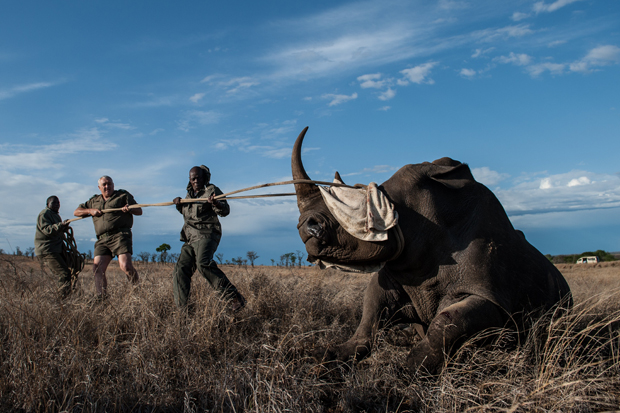
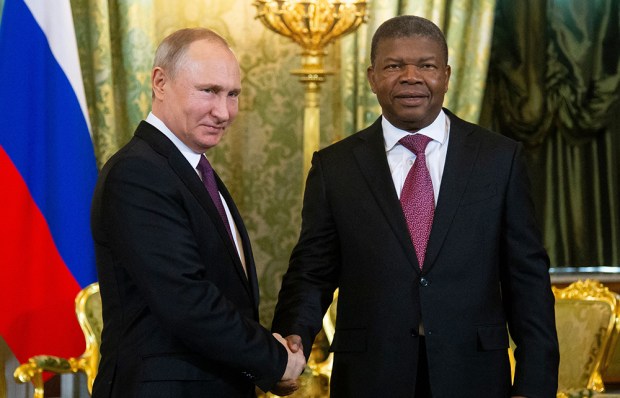
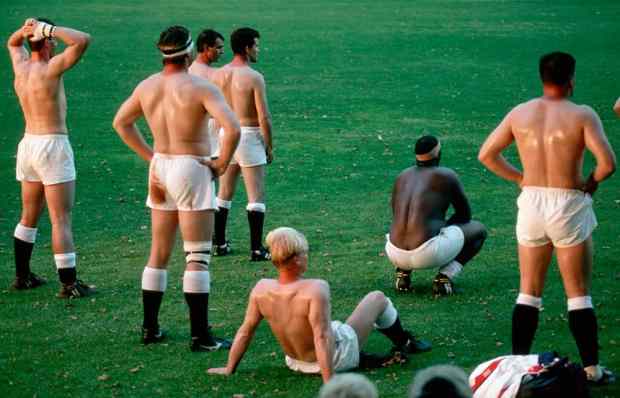
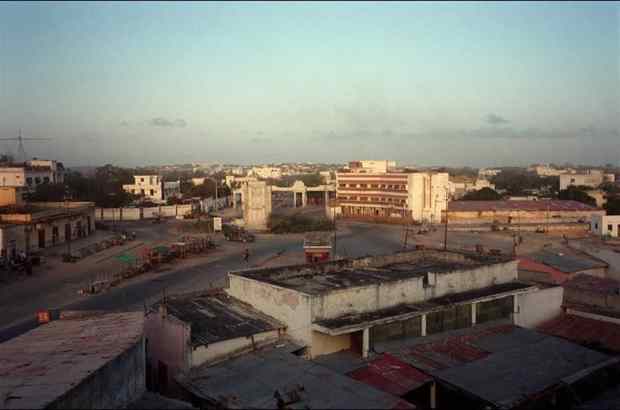
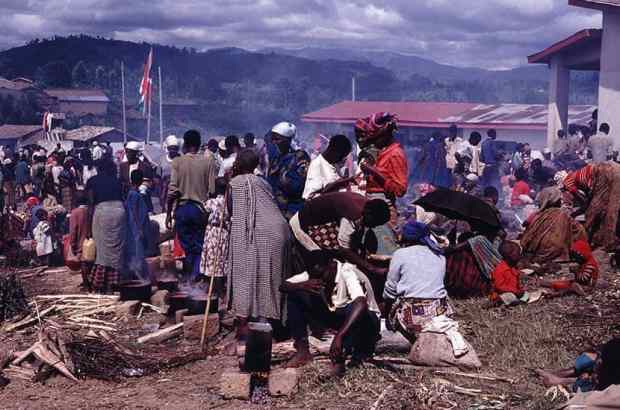
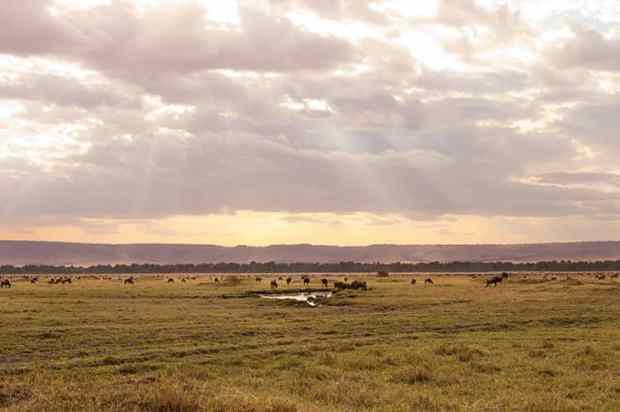
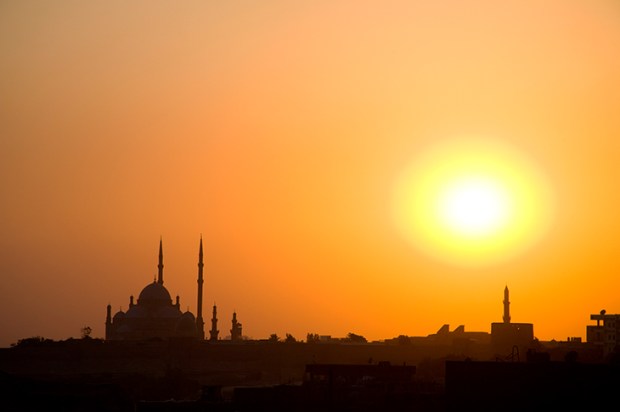






Comments
Don't miss out
Join the conversation with other Spectator Australia readers. Subscribe to leave a comment.
SUBSCRIBEAlready a subscriber? Log in